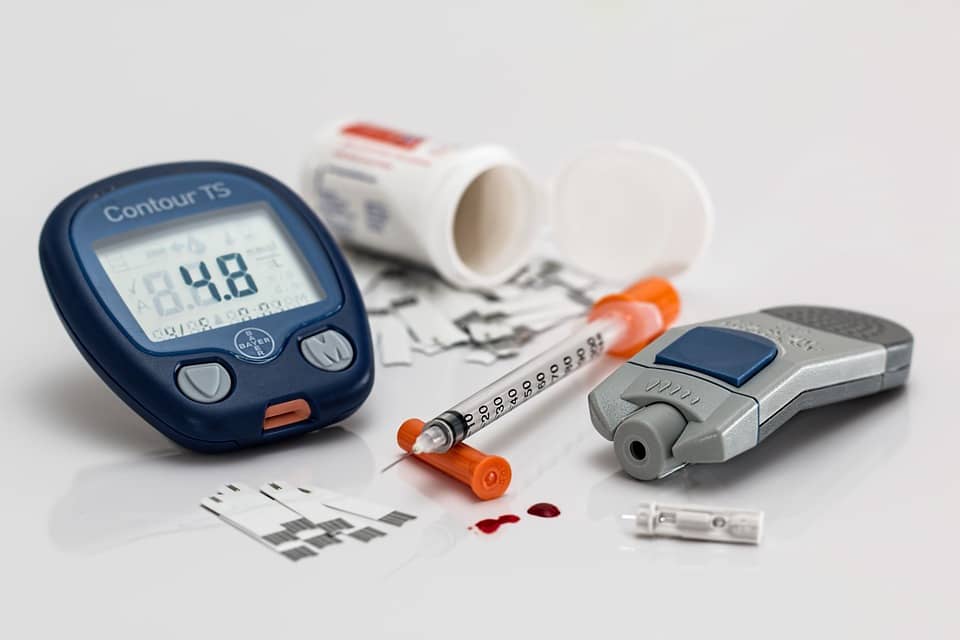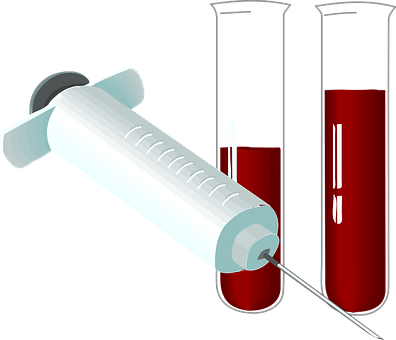Symptoms, Causes, And Treatment Of Type 1 Diabetes

This type of diabetes occurs when your body fails to produce insulin. Insulin plays a significant role in controlling the balance of blood sugar. This is the hormone produced by the pancreas. The pancreas also produces digestive enzymes which are used in digesting food. What causes damage to the pancreas? The following factors cause this damage.
Auto-immune damage
Type 1 diabetes is also known as insulin-dependent diabetes because the use of insulin will always treat this condition. Insulin is also required by individuals who have type 2 diabetes. People who have type 1 diabetes are more prone to auto-immune diseases such as adrenal and thyroid glands. The cause of these auto-immune diseases is not known to date although there are some people who believe that they are caused by a virus infection.
Symptoms associated with type 1 diabetes
You should see a medical doctor in case you experience these symptoms regularly. They include the following:
- Tiredness

- Increased thirst
- Itchiness
- Frequent urination
- Weight loss
- Other infections affecting the skin or urine infections
The main source of fuel or energy in the body is glucose. The nervous system and the brain can only use glucose whereas the other cells can utilize the energy obtained from fats. Lack of insulin leads to a high level of blood sugar, and it starts appearing in the urine.
Treatment
This type of diabetes can be treated using the following methods.
Injections of insulin
This involves the admin istration of insulin injections on a daily basis or even several times in a day. Standard treatment involves giving a long acting insulin before sleeping. Other injections can be administered shortly after meals. An ’insulin pump’ is used for administering insulin occasionally. The main objective of insulin treatment is controlling the amount of insulin within the blood stream.
istration of insulin injections on a daily basis or even several times in a day. Standard treatment involves giving a long acting insulin before sleeping. Other injections can be administered shortly after meals. An ’insulin pump’ is used for administering insulin occasionally. The main objective of insulin treatment is controlling the amount of insulin within the blood stream.
This ensures that the glucose levels remains within the acceptable levels. This treatment is dependent on the heath condition of an individual. It works more effectively when it is combined with the right diet and an exercise program.
Physical activity
These activities help in reducing the potential risks of associated with diabetes such as increased cholesterol and heart disease. They are also important for improving the well being of a person. However, you need to consult a doctor before planning your exercise program as intensive exercise might lower the blood sugar level leading to hypoglycemia.
A healthy diet
A healthy diet should have high fiber content and low fat. Dietary advice can be obtained from a doctor or a diabetes dietician.…



